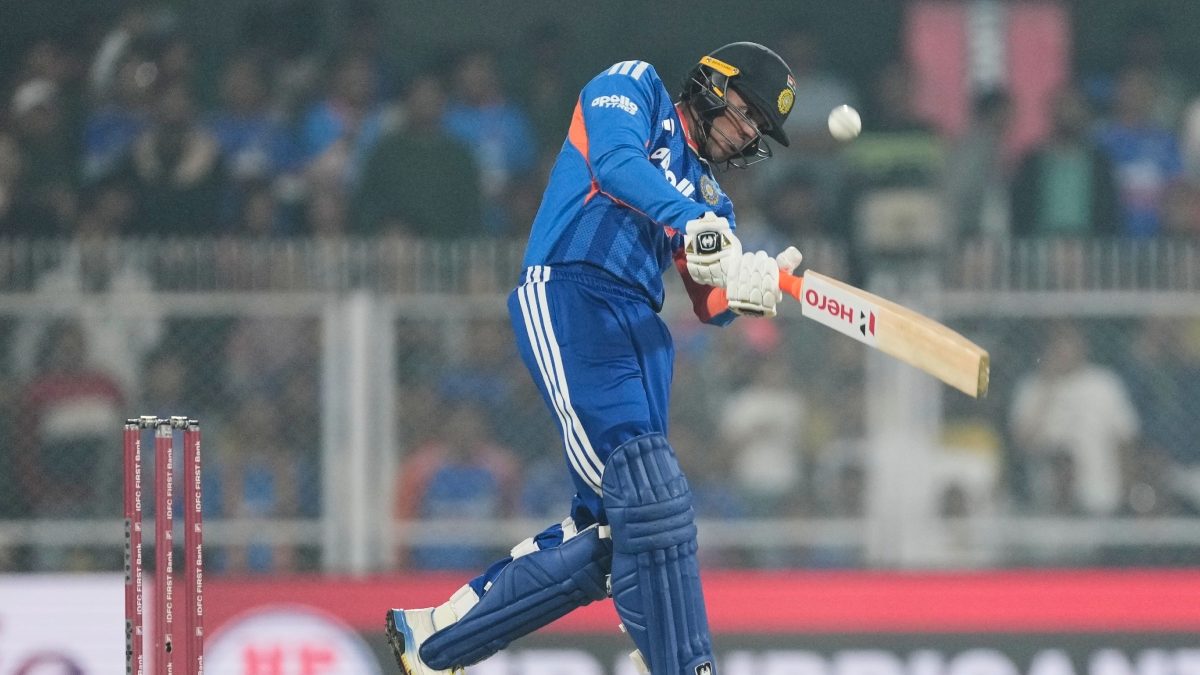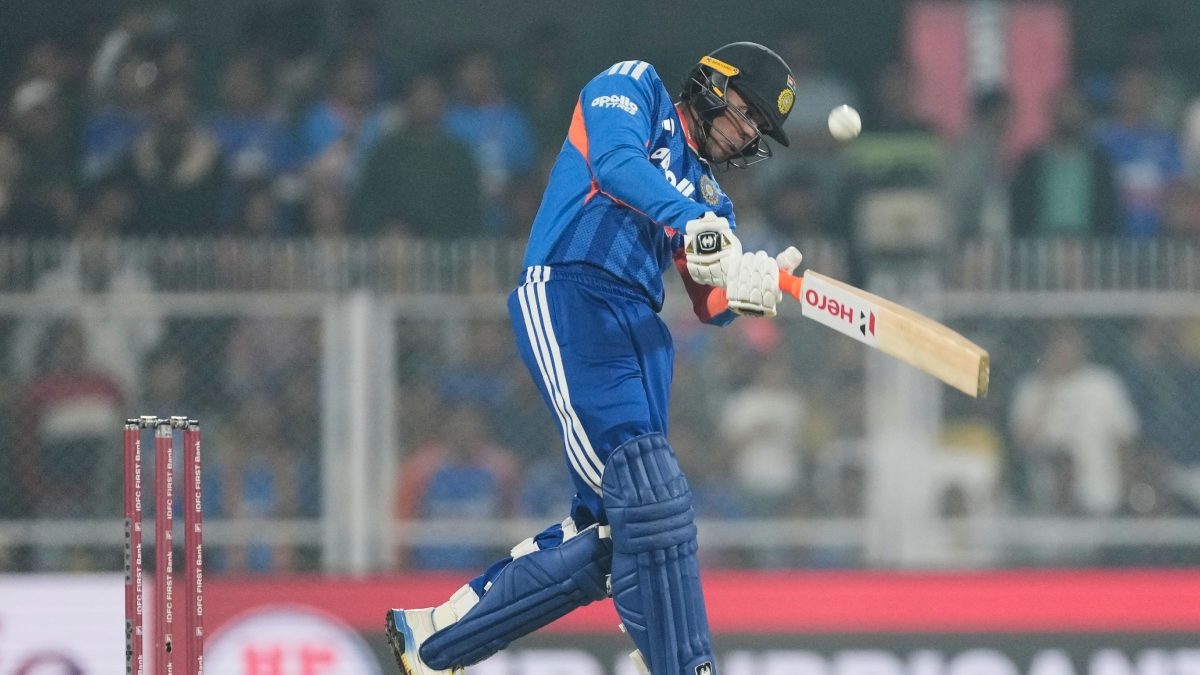India’s assertive stand vis-à-vis Canada, especially after the conceited Canada Prime Minister Justin Trudeau’s “credible allegations” accusation against India over the killing of Khalistan terrorist Hardeep Nijjar, coupled with the government’s all out crusade against Khalistan terrorists and their backers through the National Investigation Agency, is yet another manifestation of the paradigm change that our foreign policy has witnessed under Prime Minister Narendra Modi. In order to truly appreciate the significance of the present foreign policy, one must revisit the repeated embarrassment incurred by the UPA government between 2006 and 2009, with its toothless handling of some of the worst episodes of Pakistan sponsored terror attacks. The Sharm-el-Shiekh joint statement by
Manmohan Singh and then Pakistan prime minister Yousuf Raza Geelani inflicted a huge setback to the country’s fight against terror. Through this blunder, Dr Manmohan Singh had transformed the Balochistan problem from being a festering wound of Islamabad"s own creation to one caused by alleged Indian meddling.
Fourteen years is a long time in a country’s history. From the lows of Sharm-el-Shiekh to the historic success of India’s G20 presidentship, the country has come a long way. In this light, India’s assertive, uncompromising stand against Canada for its repeated patronage of Khalistan terrorists over the last four decades, assumes new significance. Unlike in the case of Pakistan that had to be tamed after it had inflicted repeated attacks, our crusade against Canada supported terror, is pre-emptive in the nature. It will save the world from potential damage.
To really understand, why India consciously chose Trudeau’s ‘credible allegations’ provocation to be the inflection point and curb Canada’s misadventures, one will have to go beyond and decode the fundamental change that has come in India’s foreign policy in the last nine years, more so in the last four and half years after S Jaishankar took over as external affairs minister.
India’s new foreign policy under Prime Minister Modi has diligently subscribed to the amalgamation of five core tenets, important from the point of view of optimising our security and economic interests, thereby enhancing the country’s leadership role globally.
Quick Reads
View AllPrimacy of India-centricity
Under Prime Minister Modi’s leadership, India’s foreign policy has adopted an unapologetic ‘India-centric’ or ‘India First’ approach. This approach places India’s national interests at the forefront of her international engagements. The most notable example of this approach was witnessed during the Ukraine-Russia conflict when India maintained a nuanced, largely neutral, yet principled stance. While Prime Minister Modi had the gumption to assert in front of Russian President Vladimir Putin that “this is not the era of war”, India’s core priorities were to ensure safety of all Indian students and citizens in Ukraine and to shield the country from the inflationary impact of the war, for which India did increase the purchase of Russian oil at lower prices. When confronted over this by the virtue-signalling European countries, Jaishankar was quick to respond with incisive details of the corresponding quantum of oil purchased by those countries from Russia.
This blunt, plain-speak was never witnessed by any of India’s previous foreign ministers or top diplomats for reasons best known to their bosses. One failed to understand how India would be pressurized by typical woke-posturing so easily in the past. Perhaps misplaced Gandhism had made our foreign policy unnecessarily pacifist. The present, unhindered plain-speak approach of Prime Minister Modi and EAM Jaishankar sets the tone for our future engagements on our terms.
It may be noted here that Prime Minister Modi himself has been adequately vocal against ‘expansionist forces” on the global forum, clearing the path for a more assertive and confident image for India.
Zero tolerance towards terror havens
Another pivotal aspect of India’s foreign policy under Prime Minister Modi has been our persistent, principled tirade against countries that use terrorism as an instrument of state policy. Pakistan’s global isolation in international forums today is a testament to India’s sustained efforts to expose Pakistan’s role in exporting terrorism. The international community has increasingly recognized the need to hold countries supporting and sheltering terrorists accountable for their actions.
India’s firm stance against terror havens not only serves her national security interests but also contributes to global peace and stability. This stance extends to other nations, as exemplified by India’s pre-emptive action against Canada when it exhibited tendencies detrimental to global security interests.
Curbing expansionist powers: India’s role in QUAD
The Modi government has played a pivotal role in the formation and strengthening of the QUAD (Quadrilateral Security Dialogue). Comprising India, the United States, Japan, and Australia, the QUAD seeks to maintain a rules-based international order and curb the influence of expansionist powers, most notably China. India’s active participation in the QUAD underscores its commitment to safeguarding the Indo-Pacific region and preserving the principles of freedom of navigation and open sea lanes.
The QUAD’s rise as a strategic forum is emblematic of India’s willingness to collaborate with like-minded democracies to address common security challenges. It represents a shift from traditional diplomacy towards more assertive and collective action in addressing security concerns in the Indo-Pacific region.
One World, One Family, One Future: Democratisation of global groups
India has been instrumental in the democratisation of global forums such as the G20 and BRICS (Brazil, Russia, India, China, South Africa). The Modi government’s efforts to include new members and diversify the representation in these forums reflect its commitment to a more inclusive world order. This approach aligns with India’s vision of ‘Vasudhaiva Kutumbakam’ – the world is one family.
The inclusion of new members in these forums amplifies diverse voices and perspectives, contributing to more balanced and effective decision-making on global issues. India’s conviction in expanding participation underscores its aspiration to play a larger role in shaping the future of international relations.
Economic Prosperity: IMEEC and strategic [artnerships
The Modi government’s foreign policy has also focused on fostering long term global economic prosperity.
India’s active participation in the conceptualisation of the Indian, Middle East and Europe Economic Corridor (IMEEC) underscores her commitment to enhancing connectivity and trade across a large geo-political sphere. It will provide a huge boost to the India’s on-going efforts to emerge as a manufacturing hub by creating a supply chain network. It goes without saying that the IMEEC will emerge as a potent alternative to China’s murky BRI which carried the insidious weapon of deb-trap diplomacy for unsuspecting member countries. Besides unveiling economic prosperity for participating nations, the IMEEC is bound to enhance India’s geo-political interests significantly.
At the same time, our new and some unexpected strategic partnership with Saudi Arabia opens new avenues for economic cooperation, making Pakistan increasingly redundant even within the Islamic world.
Prime Minister Narendra Modi’s foreign policy marks a watershed in India’s approach to global affairs. The multi-pronged, well calibrated approach with national security and economic prosperity as its key objectives, has raised the bar for our future leadership.
It is sad and shameful though that on the day India was scripting history with the pathbreaking IMEEC at the G20 summit in New Delhi, the perfidious Rahul Gandhi was endorsing China’s BRI at Brussels. The fault-lines between our approach to India’s global leadership can’t be wider.
The writer is the national spokesperson of BJP. Views expressed in the above piece are personal and solely that of the author. They do not necessarily reflect Firstpost’s views.
Read all the Latest News, Trending News, Cricket News, Bollywood News,
India News and Entertainment News here. Follow us on
Facebook,
Twitter and
Instagram.


)

)
)
)
)
)
)
)
)



